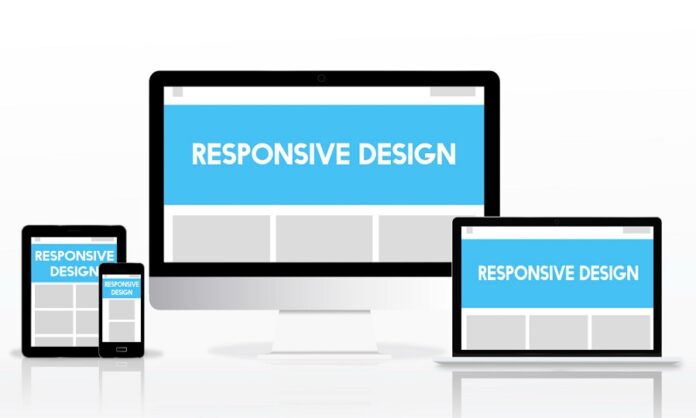The way we access the internet has changed drastically over the past decade. With the rise of smartphones and tablets, more people are accessing the web on mobile devices than ever before. As a result, it’s more important than ever to ensure that your website is designed with mobile users in mind. Responsive web design is the solution to this problem, allowing your site to adapt to different screen sizes and provide a seamless experience for users. In this article, we’ll explore the importance of responsive web design in today’s mobile-first world.
What is Responsive Web Design?
Responsive web design is an approach to web design that aims to create websites that are optimized for viewing on different devices and screen sizes, such as desktops, laptops, tablets, and smartphones. With responsive web design, the website layout and content are designed to adjust and adapt dynamically, based on the screen size and orientation of the device being used to access it. This means that the website will look and function seamlessly on any device, providing a consistent and user-friendly experience for all visitors. Responsive web design typically uses techniques like flexible layouts, fluid images, and media queries to achieve its goals.
Why Responsive Web Design is Important
1. Mobile Usage is on the Rise
As we mentioned earlier, more people are accessing the internet on mobile devices than ever before. In fact, mobile usage has surpassed desktop usage, making up over half of all internet traffic. This means that if your website isn’t designed for mobile devices, you could be missing out on a significant portion of your potential audience.
2. Improved User Experience
Responsive web design provides a better user experience for visitors to your site. With a responsive design, users can easily access your site on any device without having to zoom in or scroll sideways. This can lead to higher engagement and lower bounce rates, as users are more likely to stay on your site if it’s easy to navigate.
3. Better SEO
Google has stated that responsive web design is their preferred method of mobile optimization. This means that if your site is not mobile-friendly, you could be penalized in search rankings. By using responsive web design melbourne, you can ensure that your site is optimized for search engines, leading to better visibility and traffic.
4. Cost-Effective
Responsive web design is a cost-effective solution for mobile optimization. Rather than creating separate mobile and desktop versions of your site, responsive design allows you to create a single site that adapts to different screen sizes. This can save time and money in the long run, as you only need to maintain and update one site.
5. Future-Proof
Responsive web design is future-proof, meaning that your site will be able to adapt to new devices and screen sizes as they are released. This means that your site will remain functional and user-friendly for years to come, without the need for costly redesigns or updates.
Conclusion
In today’s mobile-first world, responsive web design is essential for providing a seamless user experience across all devices. With more people accessing the internet on mobile devices than ever before, it’s important to ensure that your site is optimized for mobile. Responsive web design provides a cost-effective, user-friendly, and future-proof solution to this problem. By adopting a responsive design, you can ensure that your site is accessible and engaging for all visitors, regardless of the device they’re using.

